Our vision
kila mtoto – that is Swahili and means every child. And this is our wish:
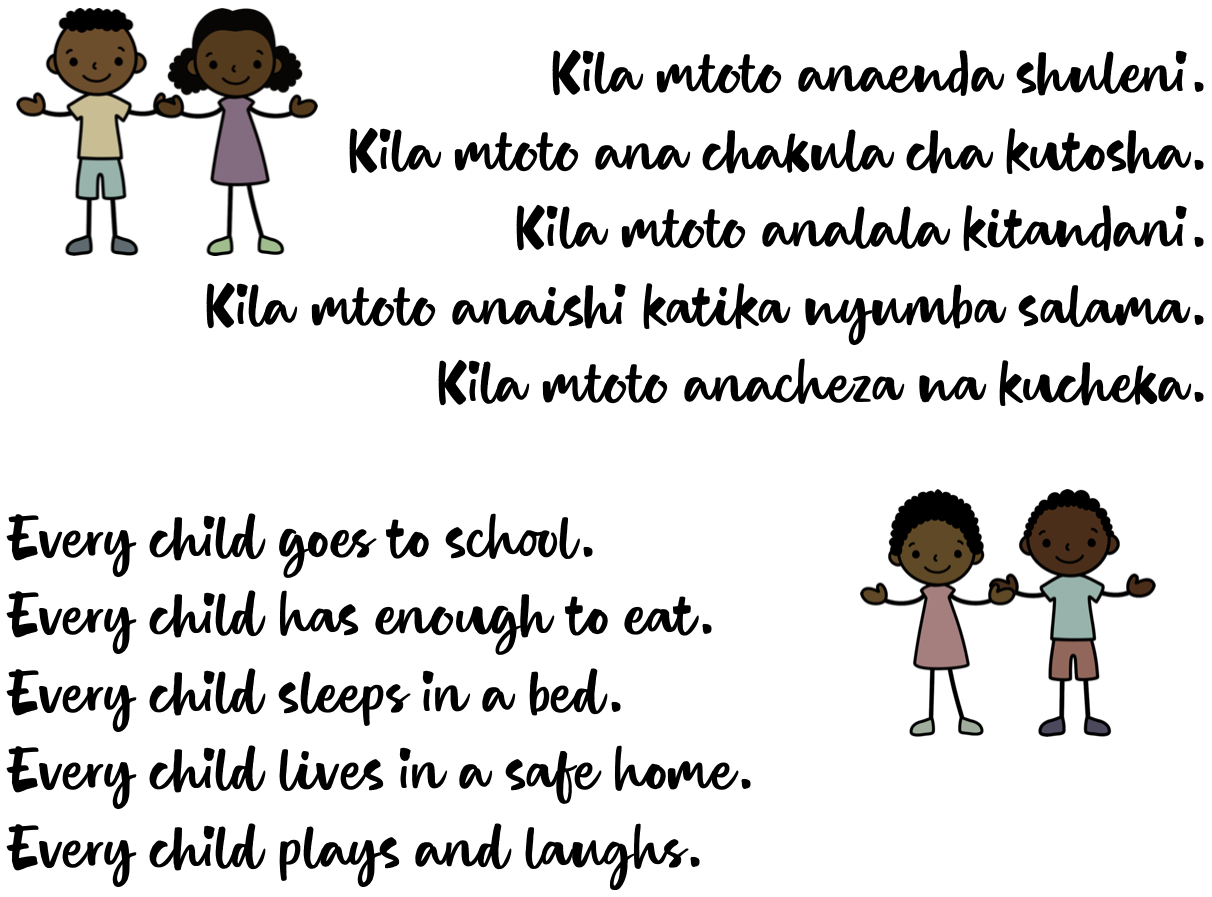
Our project
We support children and families in Rabai – a very poor area near Mombasa on the coast of Kenya. We enable children to attend school and support families to become self-sufficient with sustainable agriculture and a small reliable income.
Our children attend Rabai Hope Nursery, a pre-school run by a community-based organization, as well as surrounding government schools. Pre-school is compulsory, but often too expensive – so many children from poor families miss out on this entry to the school system. This is where we want to start – and help exactly where help can make a difference.
To enable the children to go to school, we are looking for sponsors who would like to support the children with a monthly contribution.
A total of 60 children attend Rabai Hope Nursery, all of them from needy families who would not be able to send their children to school. For this reason, the families and the school desperately need outside support. Nevertheless, in our project the responsibility of families is writ large; all families contribute a small monthly school fee and are responsible for keeping the children's school uniforms in order.
Two teachers run the school and teach the children with enthusiasm. The school currently has one classroom, a second one is under construction. There are also two toilets.
After the two years at the Nursery, the children transfer to a Primary School. This is comparable to an extended primary school - in the 6 years of primary school, the children learn all the basic skills such as reading, writing and arithmetic, but also natural sciences, science and many practical activities such as agriculture, music and sports are on the timetable. The children in our project attend state Primary schools which are within walking distance.
Primary school is followed by 3 years of Junior Secondary school and another 3 years of Senior Secondary school. The school-leaving certificate after 14 years is equivalent to the German Abitur. Afterwards, the young people can do vocational training or go to university.
We would like to accompany our children as far as possible to a first vocational qualification that allows them to support themselves and their families. We are happy if sponsors accompany their sponsored child on this path.
We teach the families methods of sustainable agriculture - from soil care, to selecting the best vegetables for cultivation, fertilization, to selling the harvest.
We want to promote sustainable cultivation, including the integration of animal husbandry, and provide the necessary expertise and equipment for this.
The aim is to ensure reliable self-sufficiency for the families, but above all to strengthen agriculture as an economic activity so that the families have an income for schooling, medical care and other needs.
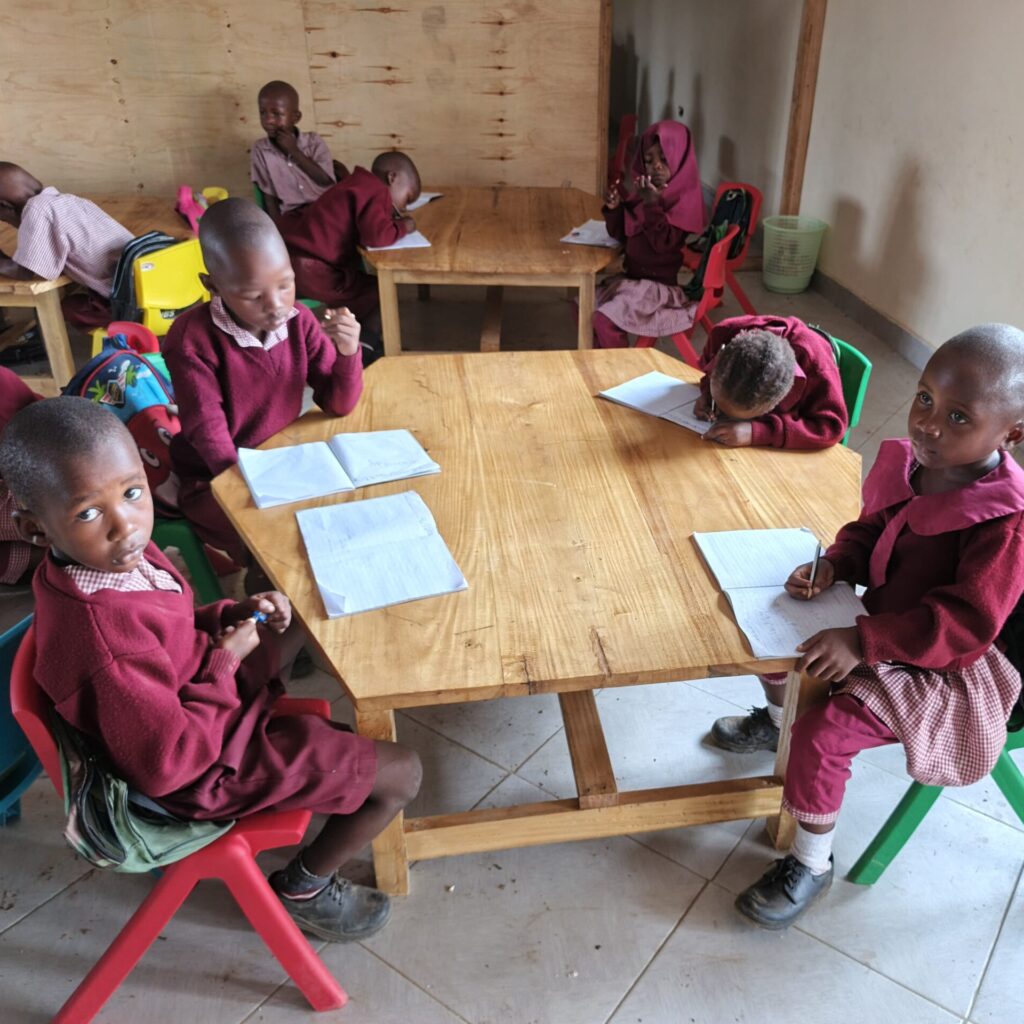
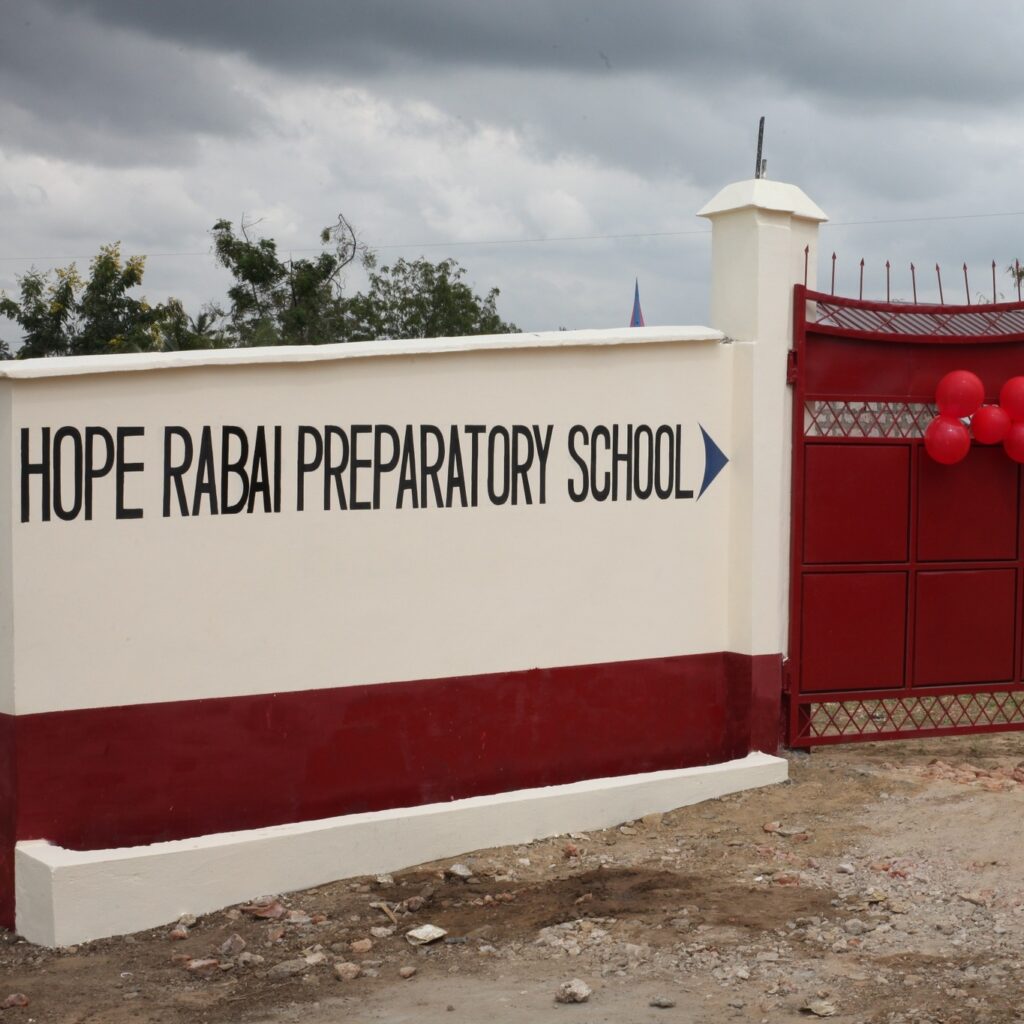

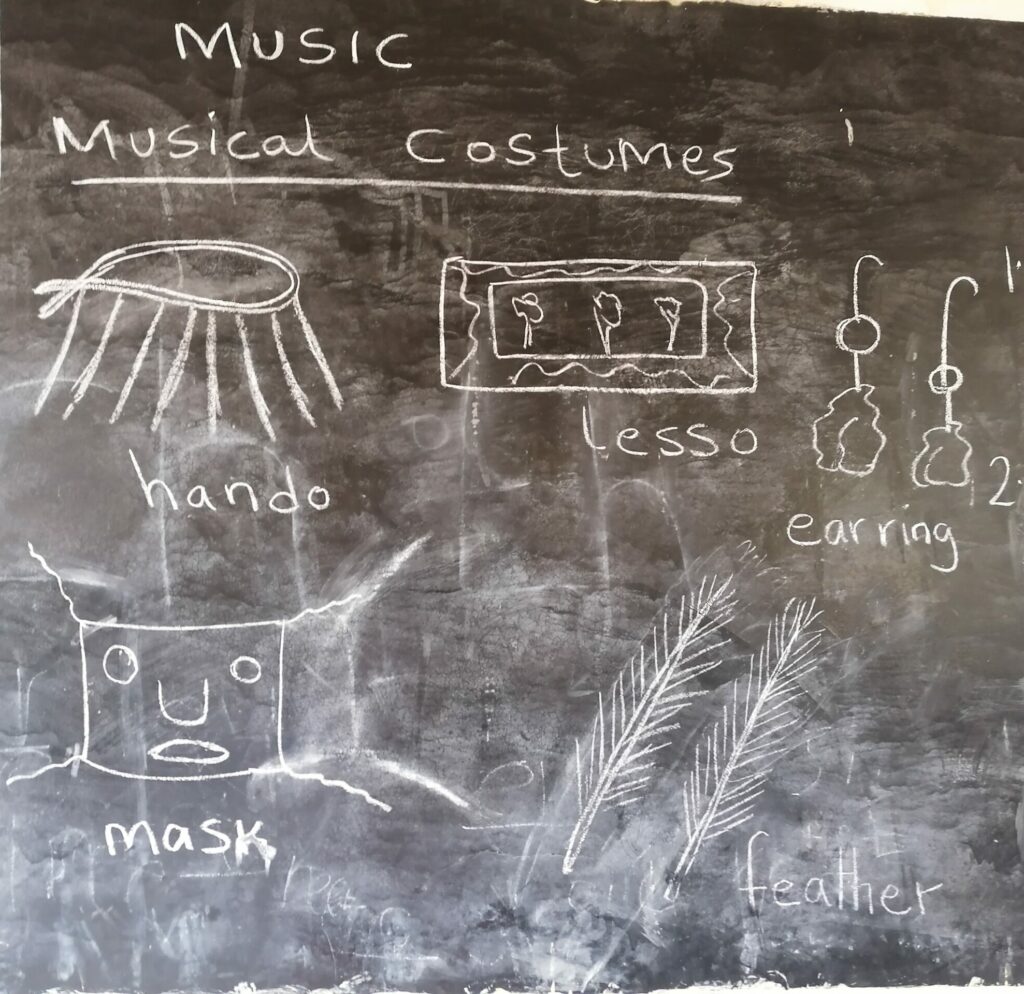
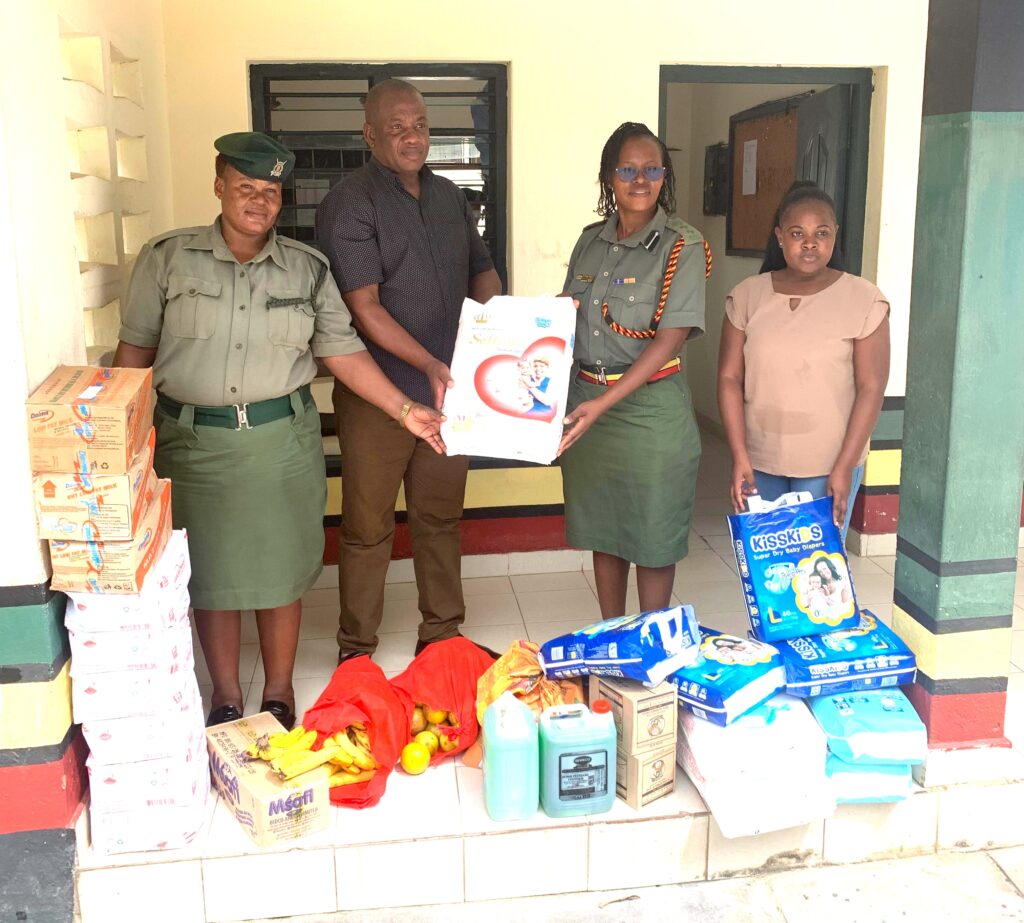
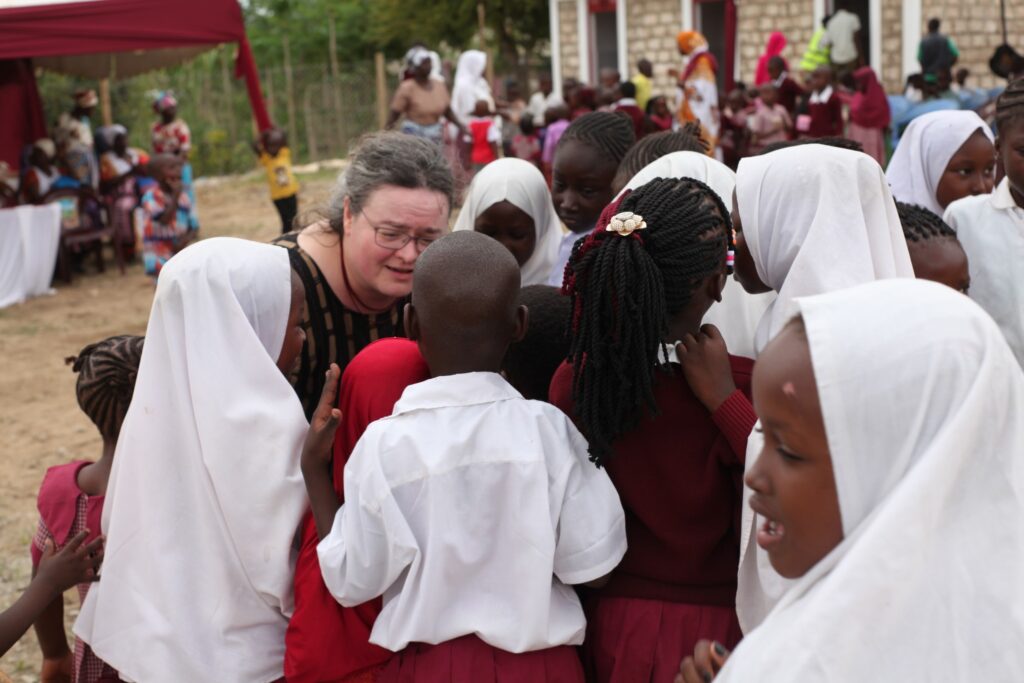

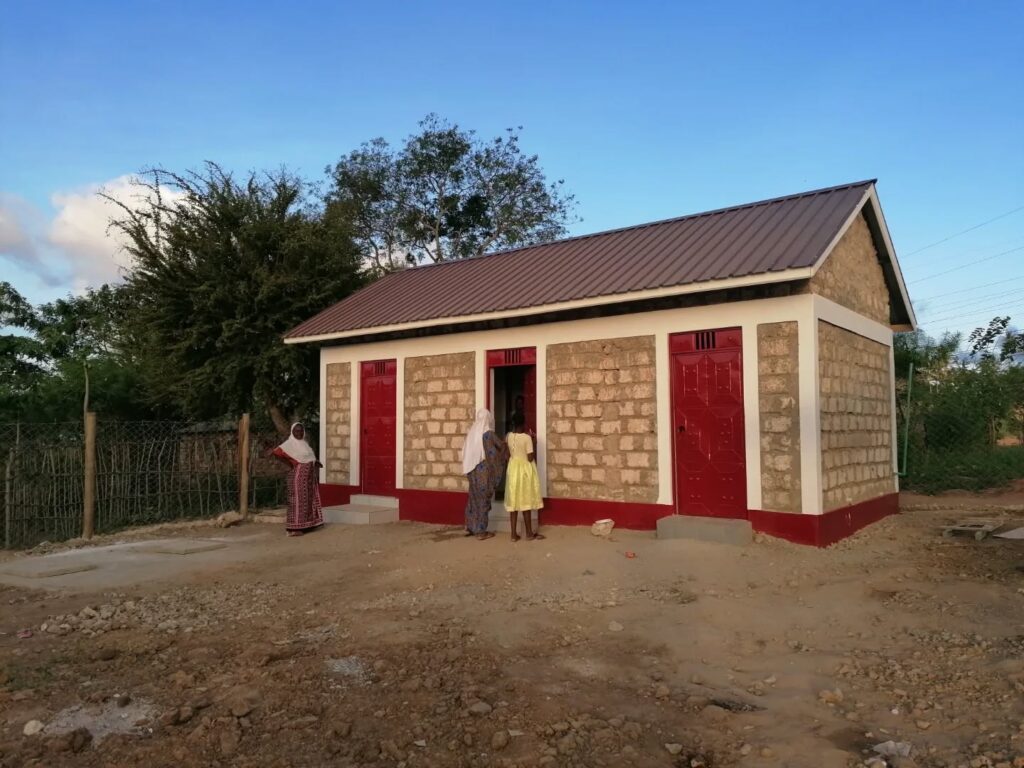
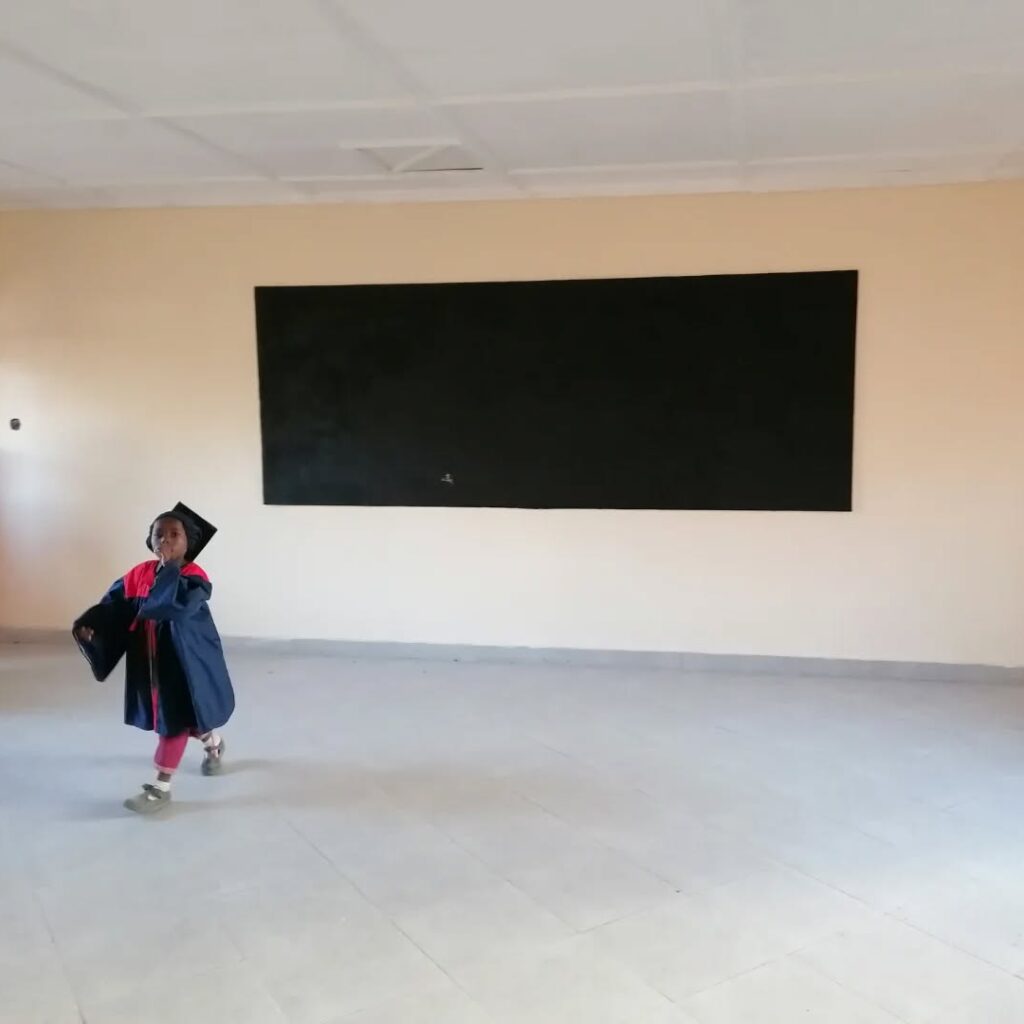
Team Europe
kila mtoto e.V. is a registered non-profit association in Germany.
We see ourselves as a democratic, communal association of people who pursue a common goal – helping disadvantaged families in Kenya to help themselves. The principles of our work are openness and communication, participation and community. It is particularly important for us to work on an equal footing with our Kenyan partners.
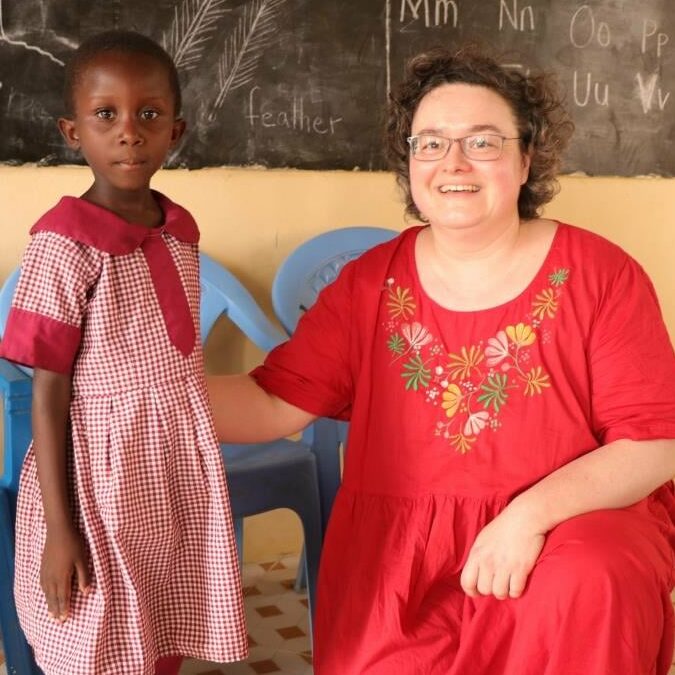
Dr. Cordula Becker, Chair of the association, founder of the project in Germany, lives in the city of Cologne. After many years of work in an aid project on the Kenyan coast, it is now time to start her own project. Cordula works for Schule im Aufbruch as an Impact Manager, aiming to better education in Germany as well as in Kenya. She visits Kenya twice a year for several weeks and very much appreciates the direct exchange with the Kenyan team. She is currently learning Swahili, having discovered her fascination for this beautiful language during her visits to Kenya.
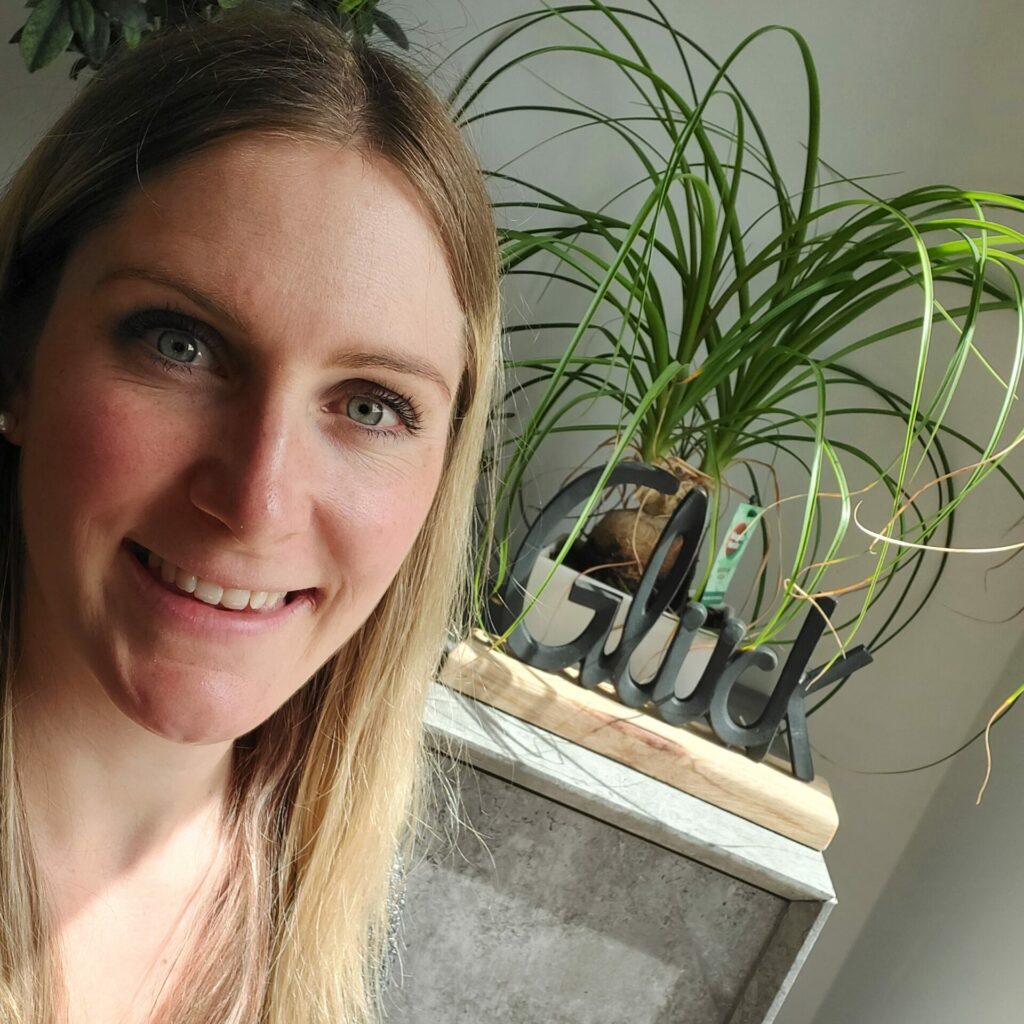
Lisa Sezemsky, second Chair of the association, is taking care of finances and accounting at kila mtoto. She is working as an accountant and is not afraid of numbers. Lisa lives in beautiful Tirol in Austria.

Dr. Johanna Zrost, board member, supports kila mtoto e.V. with her many years of experience in aid projects in Kenya. Johanna is a doctor and lives in Vienna, Austria.
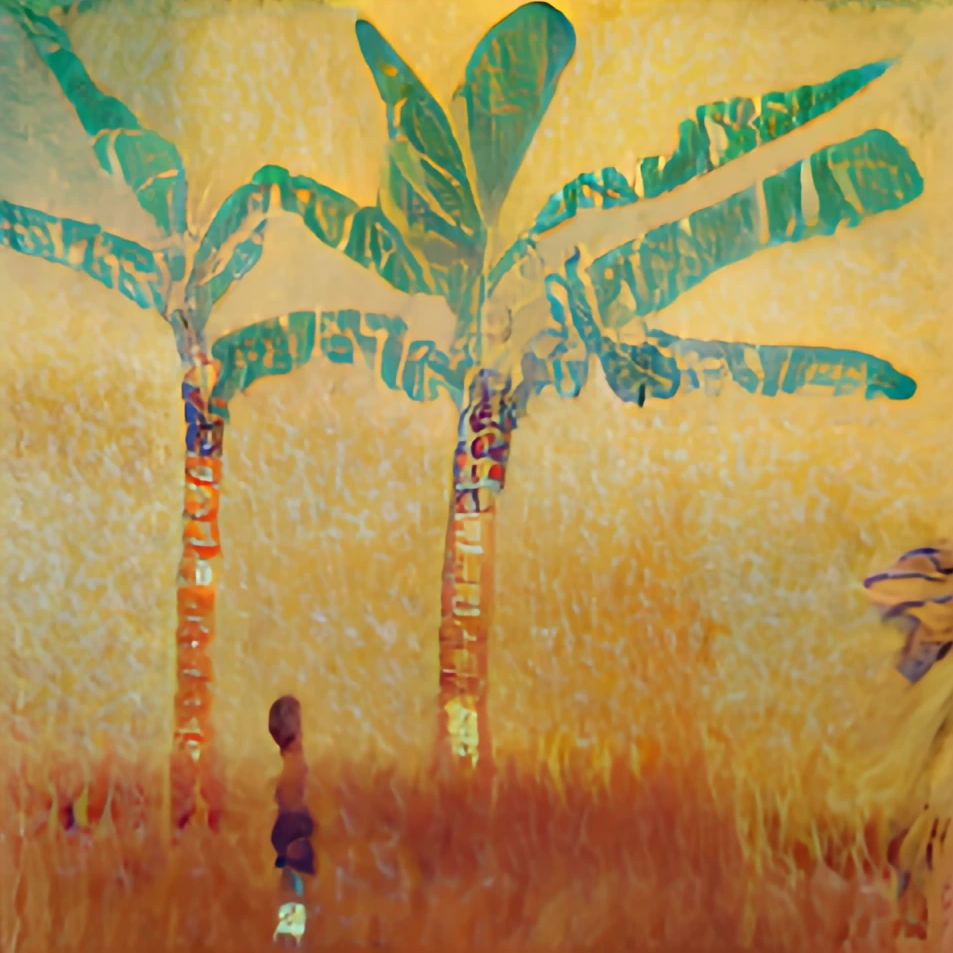
Dagmar Kizinna, is a member of the board. She has long been involved in various aid projects in East Africa and also contributes her experience to kila mtoto e.V.. Dagmar comes from Cologne.

Susanne Waldock, auditor, supports kila mtoto in an advisory role, takes on administrative tasks like the audit and always has a close eye on our texts. Susanne lives in Vienna, Austria.
Team Kenya
In Kenya we work together with the community-based organization (CBO) Huamwenga Hope. These CBOs are supported and run by the local community. At Huamwenga Hope, people from Rabai have come together to support people in need in their community. The CBO aims to make a lasting difference in the lives of local people in Rabai through education for children and youth and the promotion of agriculture. We at kila mtoto would like to support Huamwenga Hope in this endeavour, with sponsorships for children and financial support for school development and agricultural projects.
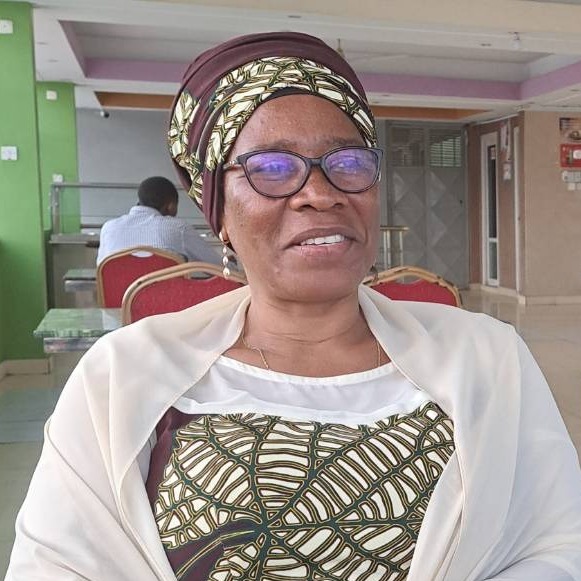
Sarah Salama, Chairperson of Huamwenga Hope. Madam Sarah works in the administration of Mombasa County and therefore has a lot of experience in administration.
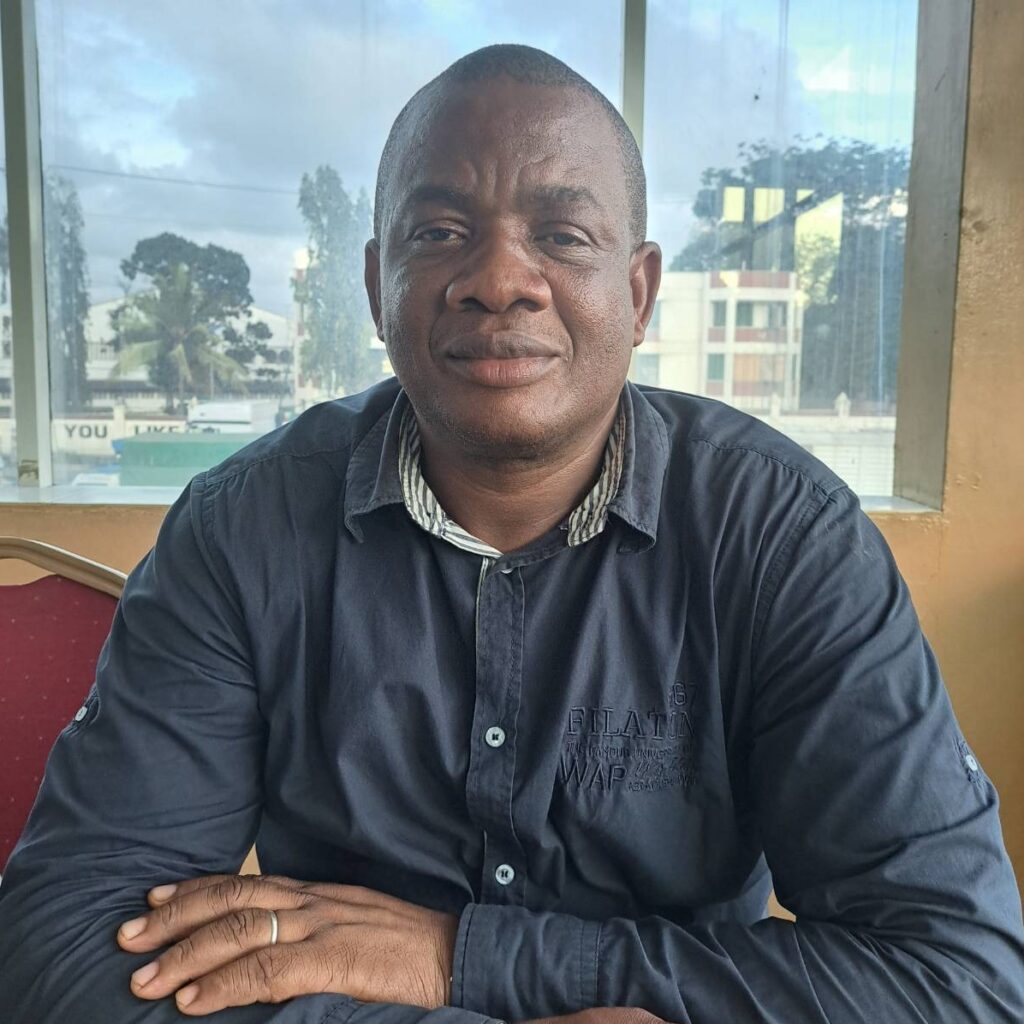
William Muta Tsaka, treasurer of Huamwenga Hope. Mr. Tsaka works for the Kenyan National Museum and is curator of the Jumba la Mtwana Museum near Mombasa. Our direct contact in Kenya.
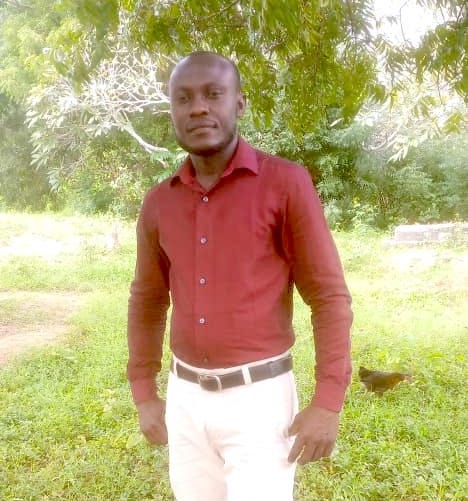
Bakari Saha, secretary of Huamwenga Hope. Mr. Bakari is a primary school teacher at a school in Rabai. As secretary he is responsible for minutes and written communication of the neighborhood association.
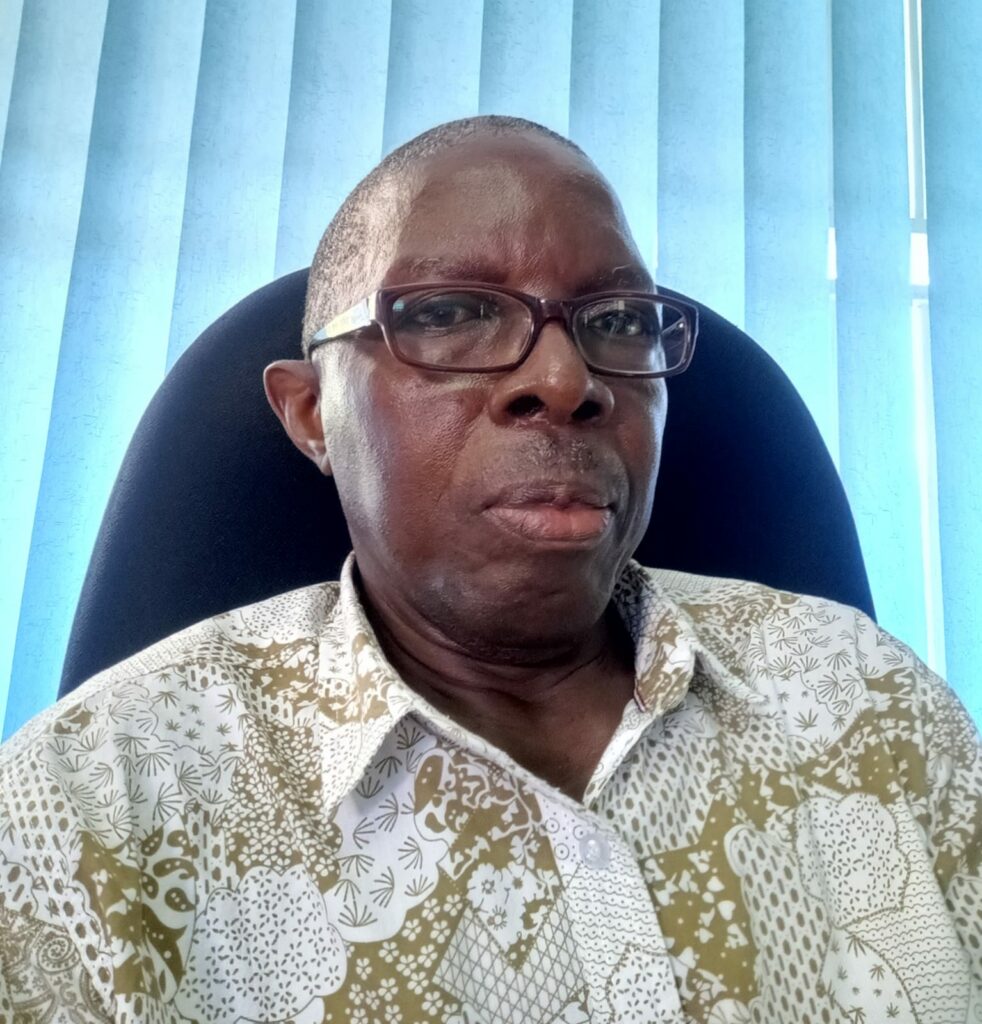
Prof. Hemedi Mkuzi, member of Huamwenga Hope and our agricultural expert. Prof. Mkuzi conducts intensive research at the university on sustainable agriculture, particularly with regard to climate change and droughts. He implements his research results directly on site and supervises various agricultural projects with the aim of bringing sustainable agriculture back to the people.
Our employees in Kenya
Of course, our project would not be possible without our employees at our school. We now have 7 employees who look after the well-being of the children at our school and other schools.
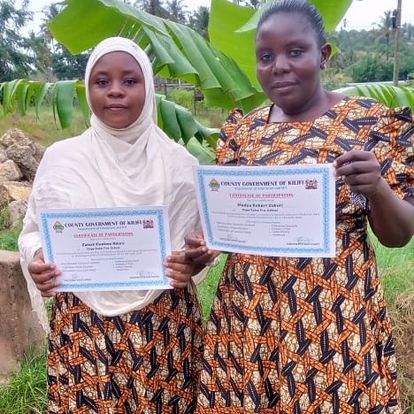
The two most important people are our two teachers Madam Zainab and Madam Medza. Madam Zainab is our Head Teacher and teaches the PP 2 class, Madam Medza takes care of the youngest, PP 1. Both are mothers themselves and have several children, Madam Zainab’s youngest daughter Zamzam is just one year old, Madam Medza’s youngest son Robert is 6 years old and in our project.
Both of them are always very committed and have great ideas on how to organize the lessons for the children.
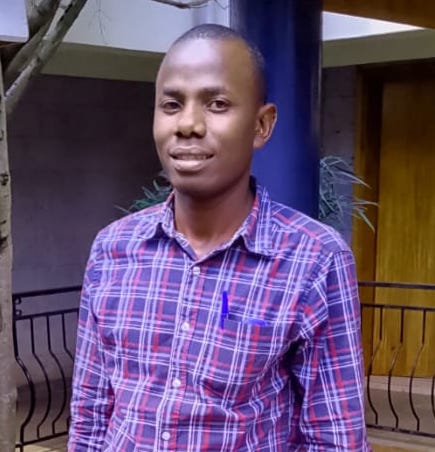
Mr Fadhili is the project manager and is responsible for various administrative tasks. He organizes many issues in the project, both at our school and for the children who now attend other schools. He makes regular family visits to all the children, often accompanied by Madam Hellen. Mr Fadhili also takes care of the shopping and the distribution of extra donations to all the children. In addition, he is responsible for taking photos and videos every day for the sponsors and donors in Europe.
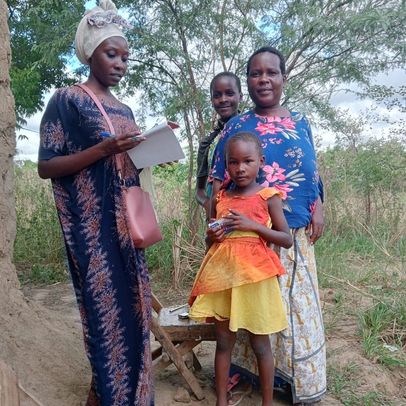
Madam Hellen, on the left in the picture, accompanies Fadhili on family visits and has various other responsibilities in school. She takes care of the cleanliness and makes sure that everyone feels comfortable in the school.
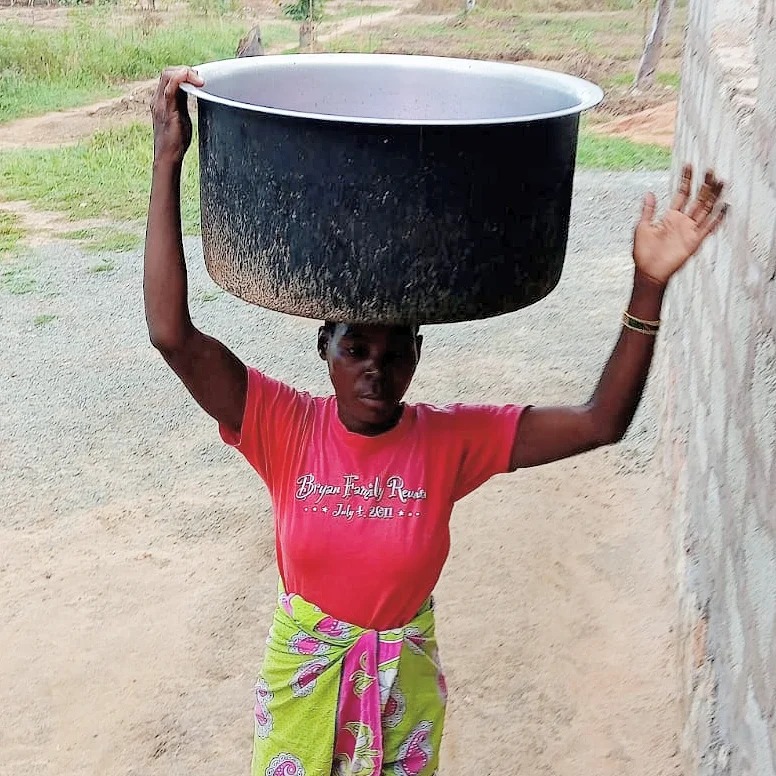
Madam Rehema, one of our cooks. An incredibly strong woman – cooking ugali, or maize porridge, for so many children is a real physical challenge. Madam Rehema is rather quiet, but it’s hard to imagine our school without her as a cook.

Madam Khadija, our second cook. Madam Khadija started as a cleaning lady in our project and is now one of our two cooks taking care of providing breakfast and lunch for our children.
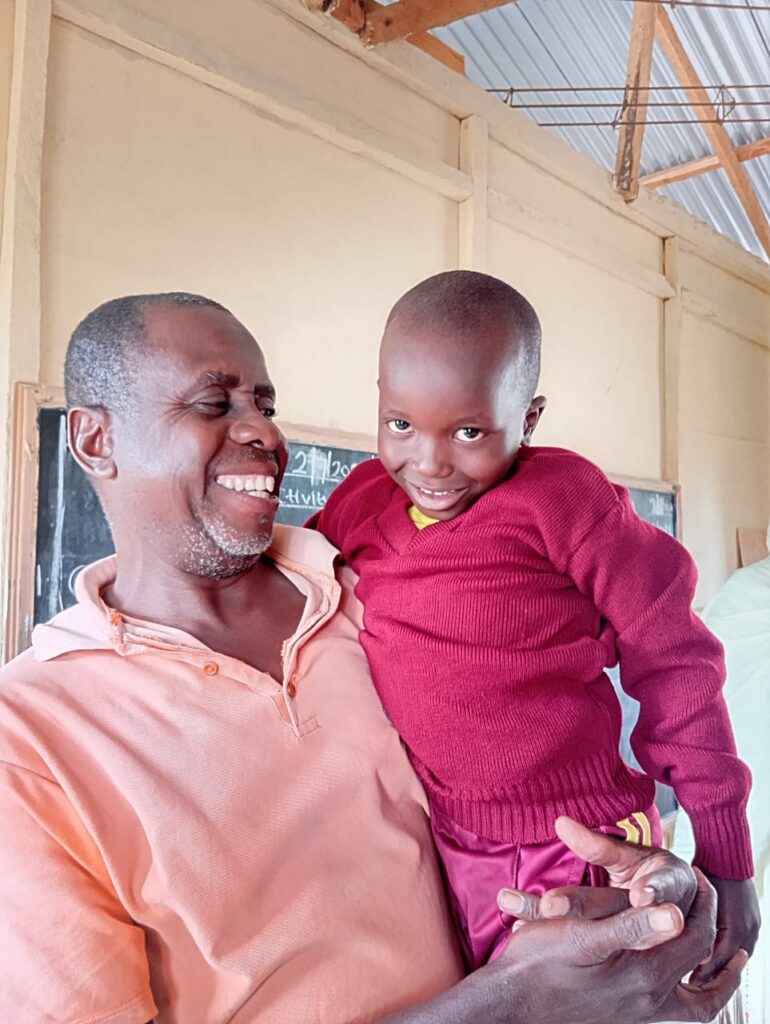
Mr Tinga is our man for everything. He is also the janitor, driver and security guard. If something needs to be repaired, Mr Tinga is on the spot and he is happy to take care of any errands. For example, he transports beds and mattresses when we have collected donations for them. He also accompanies Madam Hellen on family visits. He is highly respected in the community.
